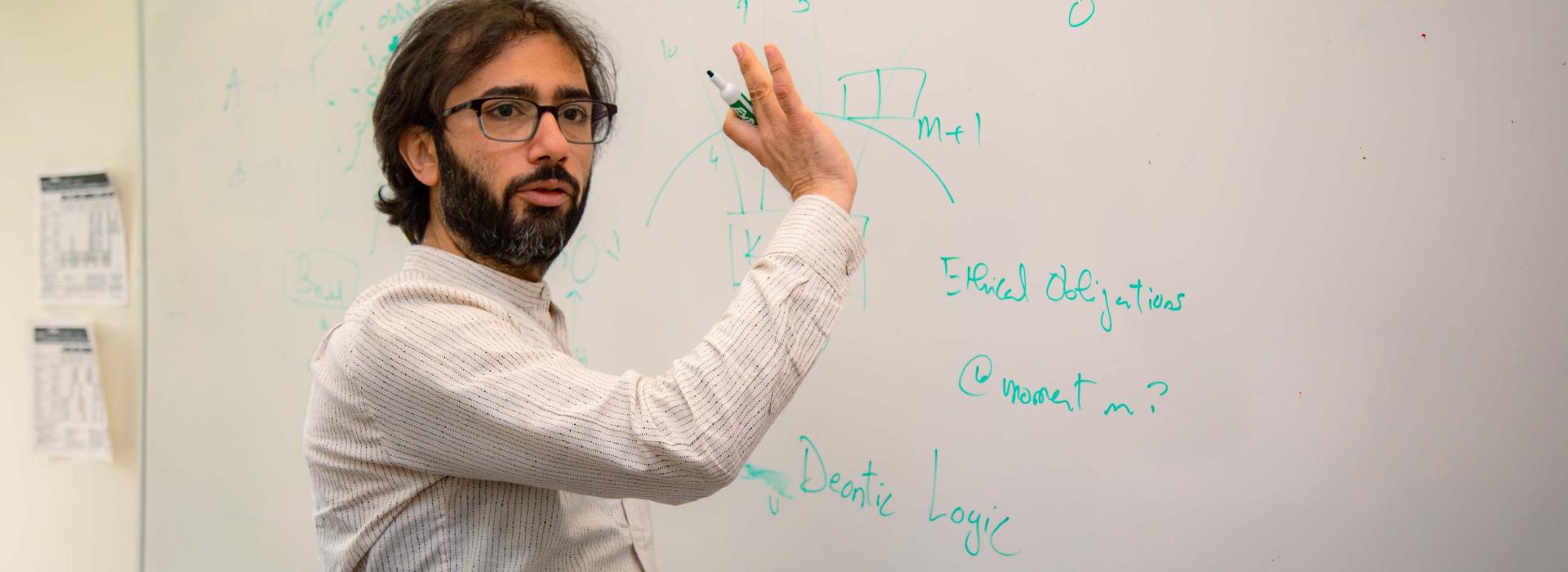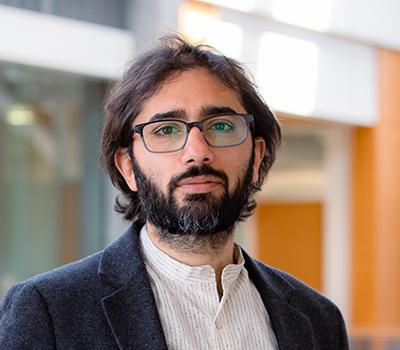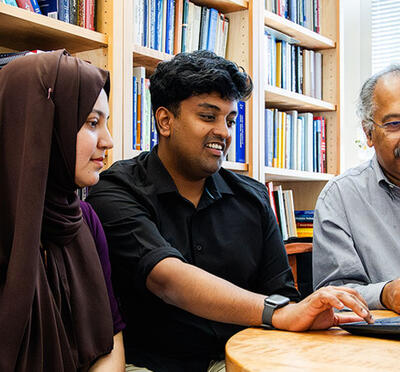Houssam Abbas, assistant professor of electrical and computer engineering, received a Faculty Early Career Development, or CAREER, award from the National Science Foundation, including a grant of almost $500,000 over five years. Abbas aims to advance the engineering and scientific discipline of computational ethics, used in designing autonomous systems — such as self- driving cars, unpiloted aerial vehicles, and assistive robots in medical facilities — that interact with people daily. He also understands that what is considered ethical may vary among different communities.
“It is not enough that these systems are probably safe. We also expect them to abide by the community’s ethical principles,” Abbas explained.
For instance, a self-driving car may encounter a situation where it must make an ethically fraught decision: with no alternatives, does it run into a fence and potentially injure its passengers, or run into a pedestrian? A process to model, verify, and analyze autonomous systems’ behaviors in such situations is crucial. Abbas will create and develop engineer-ing tools allowing autonomous system designers to formalize, program, and verify the application of ethical principles.
"When philosophers and policymakers debate these questions, there will be a way to experiment with the consequences of different ethics rule sets,” Abbas said.


